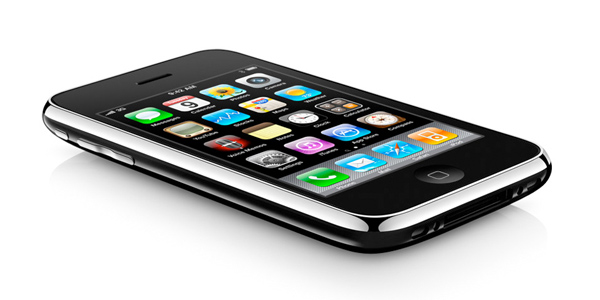Cellphones Don't Boost Kids' Brain Cancer Risk

Get the world’s most fascinating discoveries delivered straight to your inbox.
You are now subscribed
Your newsletter sign-up was successful
Want to add more newsletters?
Join the club
Get full access to premium articles, exclusive features and a growing list of member rewards.
Cellphones do not increase the risk of brain cancer in children and teens, a new Swedish study suggests.
In the study, children and teens with brain tumors were not significantly more likely to have been regular mobile phone users than children and teens without brain cancer.
The findings add to a growing body of reassuring evidence that cellphones do not pose health risks . A study published earlier this month of nearly 2.9 million Danes found cellphones did not increase the risk of a benign type of brain tumor called a vestibular schwannoma.
However, the new study is not the final word on cellphones and cancer. Because cellphone use among children and teens has increased in recent years, scientists should continue to look for health risks associated with it, the Swedish researchers said.
It has been suggested that children may be at particular risk for health ills from cell phones. Their nervous systems are still developing, and their head circumferences are smaller,so the electromagnetic radiation from cellphones may penetrate deeper in their brains.
Martin Röösli, of the Swiss Tropical and Public Health Institute in Basel, Switzerland, and colleagues looked at the medical records of children between the ages of 7 and 19 with brain tumors, identified through population registries. Researchers did face-to-face interviews with them regarding their mobile phone usage. They also consulted data from phone network providers.
The study, conducted between 2004 and 2008, included participants from Norway, Denmark, Sweden and Switzerland. They looked at data for 352 brain cancer patients, and 646 people who did not have brain cancer.
Get the world’s most fascinating discoveries delivered straight to your inbox.
They did not find a link between cellphone use and brain cancer. Of the 352 brain cancer patients, 194 (55 percent) reported regularly using mobile phones, while 329 of the 646 control subjects (51 percent) reported regular mobile phone usage.
The study "[fills] an important gap in knowledge by showing no increased risk of brain tumors among children and adolescents who are regular cellphone users," John Boice and Robert Tarone, of the International Epidemiology Institute in Rockville, Md., and Vanderbilt University in Nashville, Tenn., wrote in an editorial accompanying the study.
Boice and Tarone said that it is reassuring that the rates of brain cancer in the general population, including children and teenagers, have not changed over the last 20 years in the United States and many other countries, despite the marked rise in the use of cellphones throughout the world since the 1980s.
They recommended that investigators continue to monitor brain cancer rates. In the meantime, individuals who are concerned might consider alternatives to holding a cellphone up to their ears, such as using an ear piece or using the phone's speaker.
The article was published July 27 in the Journal of The National Cancer Institute.
Pass it on: Cell phones don't appear to boost the risk of brain cancer in children and teens.
- 10 Dos and Don'ts to Reduce Your Risk of Cancer
- How to Reduce Cellphone Radiation
- Infographic: How Radiation Affects the Human Body
Follow MyHealthNewsDaily on Twitter @MyHealth_MHND.
 Live Science Plus
Live Science Plus











